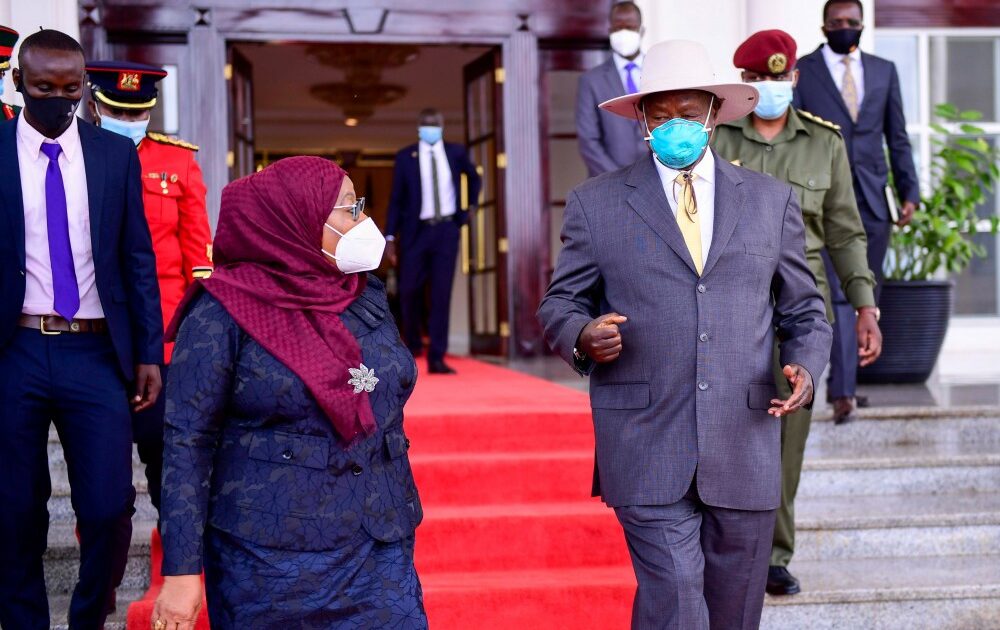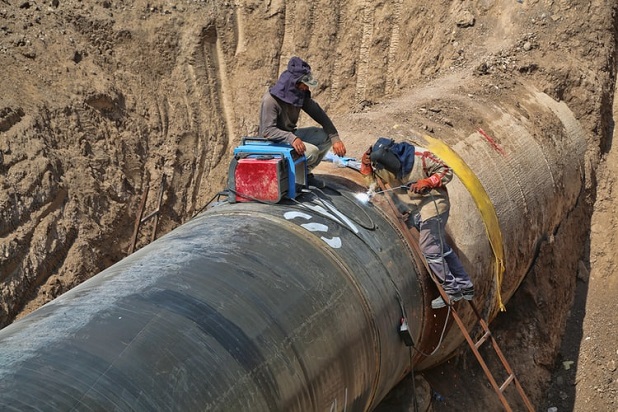When joint ventures, company consortia, or public-private partnerships plan massive energy projects, they must go through several stages of planning and execution.
One of the most important steps of this process is the Final Investments Decision, FID. At this point, the companies are ready to proceed with the real development process for the project.
So, did the oil and gas companies in Uganda together with the government in Kampala and Dar-es-Salaam sign the FID, as has been widely said?
Before the 11th of last month, several media outlets issued buildup articles to the day that President Yoweri Museveni and his Tanzanian counterpart Samia Suluhu Hassan were due to meet at Entebbe for the signing of the FDI.
Yes, they signed crucial agreements with the companies, allowing them to proceed with the development of their projects.
But what exactly does FID in oil and gas projects stand for and what does it mean for the projects and the companies involved?
“This is the point in an energy project in which the company or companies owning and/or operating the project approve— or sanction —the project’s future development,” according to www.oilprice.com.“With the FID, the company or companies basically say to investors and the media ‘we are moving ahead with this project because we have (or have raised) the money necessary to pay for its execution and start of operations, and we believe that this project will make money for us in the future.”
Typically, it is the board of directors of a company involved in an oil and/or gas project who makes the FDI, and not the government or owner of the resource.
Uganda’s oil and gas industry projects that include production, processing and exporting through a pipeline, will be developed by four companies so far, including Total E&P of France and CNOOC of China.
The others are the Uganda National Oil Company which is the third joint venture partner in the oil fields, as well as the Tanzania Petroleum Development Corporation which is a partner in the crude export pipeline.
The four companies created a special purpose vehicle company, the East African Crude Oil Pipeline project to export the crude through Tanzania.
The Chief Legal and Corporate Affairs Officer at the Uganda National Oil Company, Peter Muliisa the signing of the three key agreements: Host Government Agreement (HGA) between Uganda and EACOP represented by Total, the Shareholders Agreement between the four shareholders of EACOP, and the Tariff and Transportation Agreement between EACOP and the owners of crude, did not amount to an FDI.
“These were the remaining key agreements before investment can commence.
The next steps are now going to be award of contracts to sub-contractors who will construct the Tilenga/Kingfisher facilities as well as construction and other works for the pipeline. Execution of the projects is thus in motion,” says Muliisa.
While the two presidents gave a go-ahead to the companies to proceed with the projects, and suggested completion timelines, the companies are yet to make the decision to continue.
Some of the decisions will have to be made after determining how much money is involved, as well as the sources of the funds.
“So FID is a series of actions that basically ensure the projects are sanctioned for execution, it’s never a one event or a contract that is signed. With the signing of the contracts that was done on the 11th, the projects have really been sanctioned. You will soon see Parties committing to spending by grant of contracts to subcontractors,” he clarified.
The companies are yet to raise or declare the funds needed for each of the projects.
The mobilization of the funds is being led by Standard Bank Group of South Africa, which owns Stanbic Bank as the lead advisor, with the others being Japan’s Sumitomo Mitsui Banking Corp and the Industrial and Commercial Bank of China.





